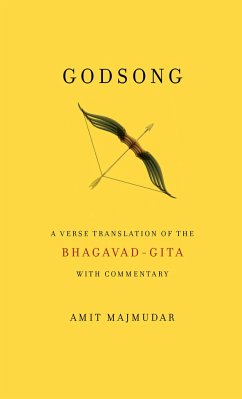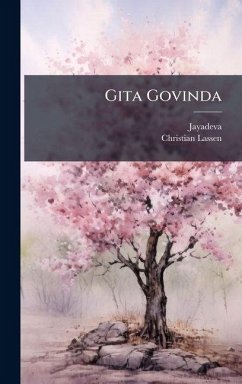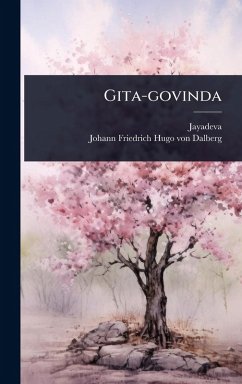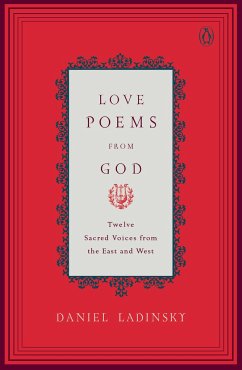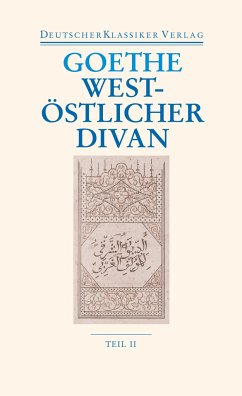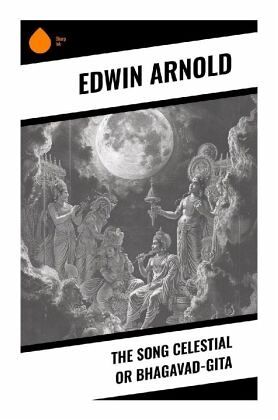
The Song Celestial or Bhagavad-Gita
Versandkostenfrei!
Versandfertig in 6-10 Tagen
9,10 €
inkl. MwSt.
Weitere Ausgaben:

PAYBACK Punkte
0 °P sammeln!
Edwin Arnold's "The Song Celestial or Bhagavad-Gita" presents a poetic rendition of one of the central texts of Hindu philosophy, the Bhagavad-Gita. This work stands out for its lyrical style and is infused with Arnold's own spiritual interpretations, effectively bridging Eastern wisdom and Western literary traditions. The Gita's profound dialogue between Prince Arjuna and Lord Krishna unfolds within the epic Mahabharata, exploring themes of duty, righteousness, and the nature of reality. Arnold's adaptation captures the essence of these ancient teachings while rendering them accessible to con...
Edwin Arnold's "The Song Celestial or Bhagavad-Gita" presents a poetic rendition of one of the central texts of Hindu philosophy, the Bhagavad-Gita. This work stands out for its lyrical style and is infused with Arnold's own spiritual interpretations, effectively bridging Eastern wisdom and Western literary traditions. The Gita's profound dialogue between Prince Arjuna and Lord Krishna unfolds within the epic Mahabharata, exploring themes of duty, righteousness, and the nature of reality. Arnold's adaptation captures the essence of these ancient teachings while rendering them accessible to contemporary readers, demonstrating how the text's philosophical musings remain relevant across time and culture. Edwin Arnold, an English poet and journalist, was deeply influenced by Indic philosophy and culture, which inspired him to produce this transformative translation. His background in classical and Sanskrit studies, combined with his travels to India, culminated in a heartfelt endeavor to share the spiritual insights of the Gita with Western audiences. Arnold's other notable works and his advocacy for social reform reflect a holistic worldview that permeates this translation, showcasing his commitment to the principles of education, empathy, and justice. This adaptation is strongly recommended for readers seeking a harmonious blend of poetic beauty and profound philosophical inquiry. "The Song Celestial" serves not only as a gateway into the timeless wisdom of the Gita but also as an essential text for anyone interested in the intersection of Eastern and Western thought. Through Arnold's skillful lens, the dialogue between Arjuna and Krishna resonates with universal themes that continue to challenge and inspire readers today.






